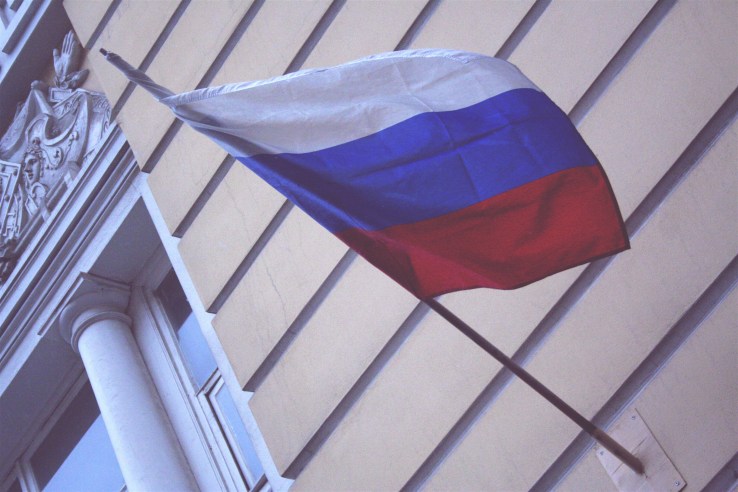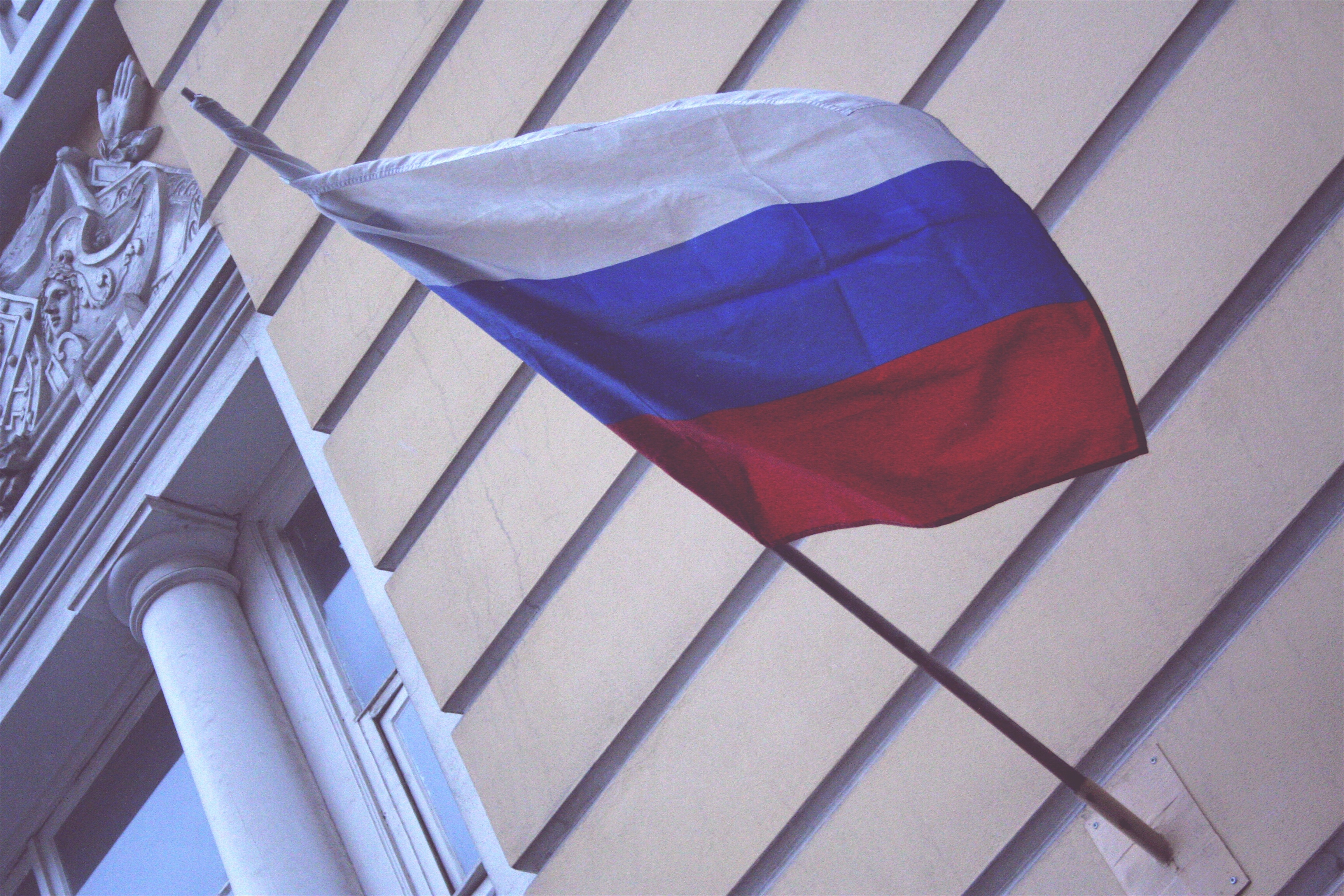Putin passes law that will ban VPNs in Russia

Russia has banned VPNs and other technology that allows users to gain anonymous access to websites.
The new law (link via Google Translate), signed today by President Vladimir Putin, goes into effect on Nov. 1 and represents another major blow to an open Internet. This weekend, news broke that Apple has removed most major VPN apps from the App Store in China to comply with regulations passed earlier this year that require VPN apps to be explicitly licensed by the Chinese government.
According to state-run news agency RIA (link via Google Translate), Leonid Levin, chairman of the Duma’s committee on information policy and technology, has said that the law is not targeted at “introducing new bans for law-abiding citizens.” Instead, he claims it is to prohibit access to illegal content. The scope of what is considered “illegal content” in Russia, however, has widened considerably during Putin’s third term as president, with the government exerting more control over what people access or post online. As Freedom House notes, “anti-extremism laws are widely used as a pretext to block political content, often without judicial oversight.”
Russia’s attempts to limit access to online information are concurrent with legislation that may put the privacy of users at risk. In 2015, the government passed legislation that requires all user data from Russian citizens to be stored in Russian-based servers, and last year it passed another law that requires telecoms and Internet service providers to retain traffic data for up to a year, a move that prompted VPN provider Private Internet Access to discontinue its Russian gateways.
Featured Image: Ivan Osipov / EyeEm/Getty Images
Published at Mon, 31 Jul 2017 03:14:11 +0000




